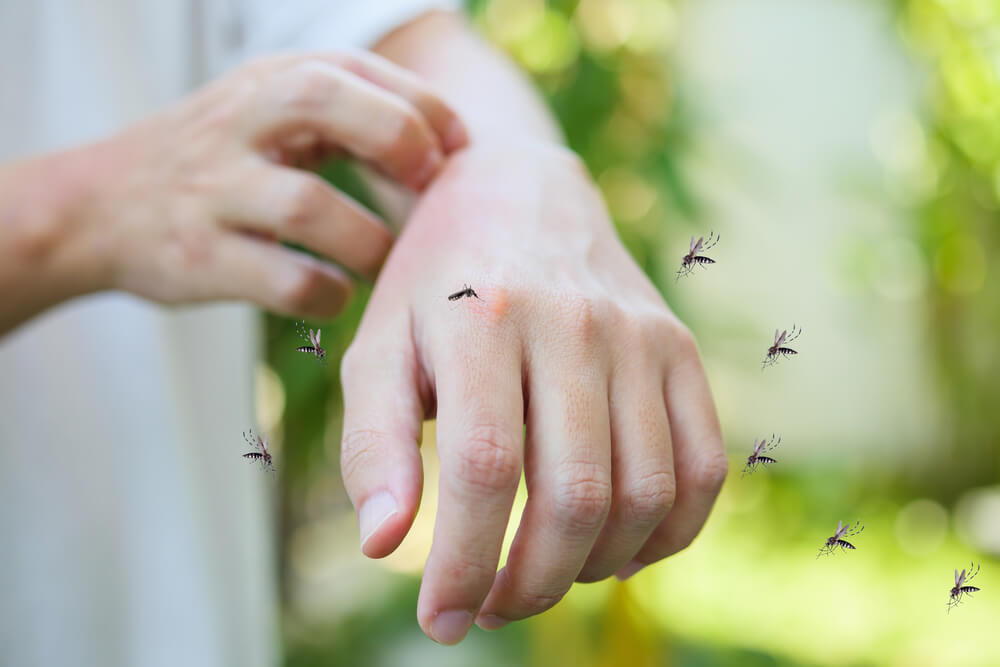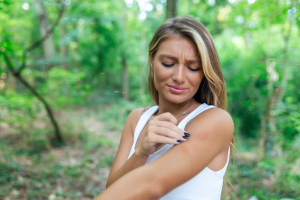Malaria and Travel: Tips for Staying Safe in Endemic Regions

Planning an adventure to regions where malaria prevails requires more than just excitement; it demands awareness and preparedness. Malaria, a potentially life-threatening disease transmitted through mosquito bites, can cast a shadow over your travel experience if not adequately addressed. Here's a detailed guide to ensure your journey remains vibrant and worry-free.
Understanding Malaria:
Malaria, a disease caused by Plasmodium parasites, is a global health concern prevalent in tropical and subtropical regions. There are five species of Plasmodium parasites that can infect humans: Plasmodium falciparum, P. vivax, P. ovale, P. malariae, and P. knowlesi. Among these, P. falciparum is the most severe and potentially fatal.
Transmission:
The transmission of malaria occurs through the bite of infected female Anopheles mosquitoes. These mosquitoes carry the Plasmodium parasites in their saliva. When they bite a human host, they inject the parasites into the bloodstream, initiating the infection cycle.
Once in the body, the parasites travel to the liver, where they mature and reproduce. After multiplying in the liver cells, they re-enter the bloodstream and infect red blood cells, causing symptoms associated with malaria.
Impact on Travellers:
Travellers, especially those from non-endemic regions, lack immunity to malaria. Consequently, they are at higher risk of contracting the disease when visiting endemic areas. Malaria symptoms can range from mild to severe and include fever, chills, headache, muscle aches, fatigue, nausea, and, in severe cases, organ failure or death.
P. falciparum can lead to severe complications if not promptly treated. Therefore, it's crucial for travellers to take preventive measures before, during, and after their trip to endemic regions.
Precautions and Vaccinations:
Visiting a Travel Clinic becomes imperative for travellers seeking comprehensive guidance. These clinics offer specialised services, including Travel Vaccinations tailored to specific destinations. Malaria prophylaxis medications, tailored to the traveller’s health and the destination's prevalent malaria strain, are recommended.
In addition to vaccinations, understanding the behaviour of Anopheles mosquitoes and adopting preventive measures, such as using mosquito repellents, wearing protective clothing, sleeping under insecticide-treated bed nets, and seeking medical attention promptly if symptoms arise, are critical to staying safe from malaria.
Before jetting off, visiting a reputable Travel Clinic is paramount. Our Travel Clinic, serving Stoneleigh, Richmond, Ewell, Chessington, Kew, St Margarets, and Isleworth, offers specialised Travel Clinic Services, including Travel Vaccinations tailored to your destination. Our experts will guide you on specific malaria prophylaxis medications and other crucial precautions, ensuring you're armed against potential health risks.
Protective Measures:
1. Mosquito Repellents: Shield yourself with effective insect repellents containing DEET, picaridin, or oil of lemon eucalyptus. Apply these on exposed skin surfaces.
2. Protective Clothing: Dress sensibly, opting for long-sleeved shirts and long pants, particularly during dawn and dusk, peak mosquito activity times.
3. Mosquito Nets: Use bed nets treated with insecticides to create a safe sone while sleeping, offering an effective barrier against mosquito bites.
4. Antimalarial Medications: Consult healthcare experts or our Travel Clinic for suitable antimalarial medications based on your travel itinerary and personal health considerations.
On-Site Precautions:
- Water Awareness: Mosquitoes breed in stagnant water. Avoid such areas and ensure your accommodation doesn't provide breeding grounds for these insects.
- Timely Retreat Indoors: Limit outdoor activities during peak mosquito activity periods to minimise the risk of bites.
- Health Monitoring: Stay vigilant for malaria symptoms like fever, chills, headache, and fatigue. Immediate medical consultation is necessary if you suspect malaria infection.
Travelling to regions where malaria is endemic holds immense allure but demands caution and preparedness. Understanding the biology of malaria parasites, their transmission via mosquito bites, and the potential health impact on travellers underscores the necessity for initiative-taking measures.
By seeking guidance from specialised Travel Clinics, obtaining tailored vaccinations, and diligently following preventive strategies, travellers can significantly mitigate the risk of contracting malaria. These measures not only ensure a safer journey but also foster a more profound appreciation of diverse cultures and landscapes.
Remember, your health is non-negotiable when embarking on adventures. Prioritising preventive measures against malaria ensures that your travel memories remain vibrant and free from health concerns.
Embarking on your next adventure? Prioritise your health for a worry-free journey by scheduling an appointment at our Travel Clinic. Our specialised Travel Clinic Services offer tailored Travel Vaccinations and expert guidance, ensuring you're fully prepared to explore endemic regions safely.
Don't let health concerns overshadow your travel experiences. Book your appointment now to make informed decisions and safeguard your well-being while creating unforgettable memories.






